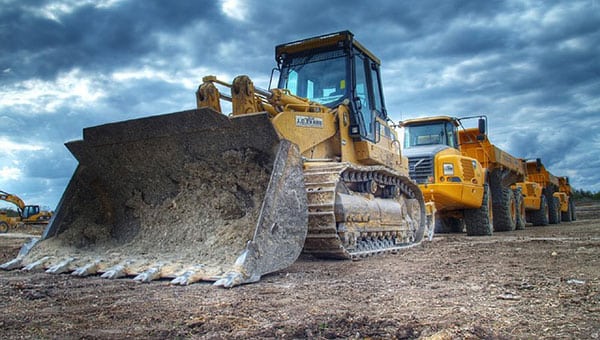 There are two visions of engaging with First Nations on mining projects in Manitoba.
There are two visions of engaging with First Nations on mining projects in Manitoba.
The first will likely lead to considerable opposition and increased delays. The second focuses on meaningful consultation with Indigenous groups and is destined to move development forward.
One can only hope that policy-makers adopt the latter vision and reject the former.
The first vision is contained within Bill C-262, which is before the House of Commons. It supports the United Nations Declaration on the Rights of Indigenous Peoples Act.
Bill C-262 is a private member’s bill introduced by NDP member of Parliament Romeo Saganash. It seeks to ensure that all laws of Canada are consistent with the UN Declaration of the Rights of Indigenous People (UNDRIP).
Canada has removed its objector status to UNDRIP that was placed by the previous government, which was concerned the international declaration would violate Canada’s laws. The major point of contention in UNDRIP was Article 32, which arguably gives Indigenous communities “free, prior, and informed consent” over any project that affects their lands and territories.
The concern held by many Canadians has been that this article gives Indigenous communities full consent before any project can proceed. Thus, Indigenous communities have veto power over developments. This can be a massively contentious and probably destabilizing restriction on development projects.
To this point, the Canadian Constitution and courts have been about balancing rights and interests of Indigenous people and other citizens, and not to make these rights absolute. Our courts have limited the rights of Indigenous people in vetoing development projects to a duty to consult and accommodate their interests.
That’s a much lower threshold than those proposed in Bill C-262.
While the present government says that UNDRIP doesn’t grant a right of veto, many First Nations behave like it does. So First Nation consultation continues to be the strongest deterrent to mining projects in Manitoba.
As a result, if Parliament passed C-262 in its current form, First Nation activists and communities would be emboldened to continue to act like UNDRIP gives them a right to veto mining projects.
It has passed second reading and is before the Standing Committee on Indigenous and Northern Affairs. Therefore, there is still an opportunity for corrective action.
This bill ought to die in the House.
The second vision is, surprisingly, contained in the Manitoba government’s recent mineral development protocol with First Nations. The protocol was the outcome of an agreement between the provincial government, First Nations and mining companies. The aim is to provide a predictable policy environment for mining exploration and development in northern Manitoba.
Capital-intensive and long-term ventures like mining require predictable rules that don’t change. Let’s hope the Manitoba government sticks to this protocol through thick and thin, and that the federal government doesn’t enact Bill C-262.
So far, major mining companies have been optimistic about future development in the north. In an interview with the Thompson Citizen, the president of Barrick Gold Corp. – the world’s largest gold producer – posits that “many understand the untapped development potential that exists in Manitoba.”
There are, in fact, “many new mining opportunities, and the base of skilled workers to support them. The effort of Manitoba’s provincial government to improve business conditions is positive, particularly for newer, growing resource development companies.”
In 2016, the NDP government helped advance mining exploration and investment in Manitoba when it increased the tax credits for mining exploration and development. The current Progressive Conservative government has promised to consult with Indigenous people before development takes place. This has resulted in a more predictable environment, which will ideally lead to more mining projects.
Obviously, expanding mining projects in northern Manitoba will help Indigenous communities that will sign benefit agreements with the companies. More northern people, both Indigenous and non-Indigenous, will be employed. As well, such developments will benefit the provincial treasury, something that the government needs.
The road to a more prosperous future lies in a vision that takes First Nations into consideration. It’s time to get on the right road.
Joseph Quesnel is a research fellow with the Frontier Centre for Public Policy.
The views, opinions and positions expressed by columnists and contributors are the author’s alone. They do not inherently or expressly reflect the views, opinions and/or positions of our publication.
